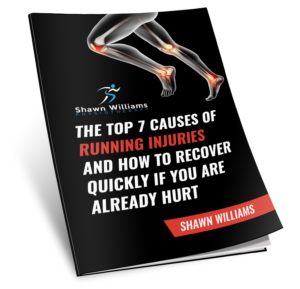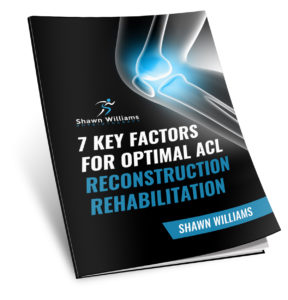Cortisone injection for pain? Cortisone (also known as Corticosteroid) injections are commonly used treatments recommended by doctors for various orthopaedic conditions, including tendonitis, bursitis, and arthritis. Cortisone is a very strong anti-inflammatory medication that can help reduce joint pain by decreasing inflammation.
Compared to anti-inflammatory medications that are taken orally (such as Advil, Aleve and Aspirin) which deliver a small dose to the whole body, cortisone injections deliver a strong dose directly to the affected joint. Cortisone injections for pain are not without their own risks.
Research has demonstrated that high doses of cortisone and repeated injections can actually cause softening of joint cartilage or damage to the tendons. Thus, you may be harming the joint you are trying to treat. This is of particular concern for young and middle-aged adults.
Whereas many older adults have damaged cartilage or tendons already, younger individuals with otherwise healthy joints risk causing more damage to their tissues when given a cortisone injection. Research has shown that cortisone injections for knee osteoarthritis pain can harm the remaining cartilage, worsening the damage to the joint.
Other studies have shown that cortisone injections for pain may predispose a tendon to rupture. This is particularly true of the Achilles tendon and Plantar Fascia. Therefore, cortisone injections should not be used in the treatment of Achilles Tendinopathy and Plantar Fasciitis.
Additional risks of cortisone injections include: temporary elevation of blood sugar levels in individuals with diabetes and weakening of the immune system, impairing the body’s ability to fight infections. Furthermore, each cortisone injection only often only lasts for about two months.
All of this being said, there are some conditions for which cortisone injections are known to pose minimal risk and offer substantial benefits. One such condition is Frozen Shoulder, also known as Adhesive Capsulitis. Research has shown that cortisone injections for Frozen Shoulder significantly reduce pain and improve range of motion.
Trigger Finger, or Stenosing Tenosynovitis, is another condition where cortisone injections are shown to cause significant improvements. However, research illustrates that for those with diabetes the risks are too great.
If your doctor recommended a cortisone injection for pain or an injury, and you want to know how this can be avoided, call or text us at 416-660-4187 or send us an email if you prefer. Physiotherapy is a conservative treatment approach that addresses the cause of your pain and offers a long term solution rather than a temporary reduction in pain.




